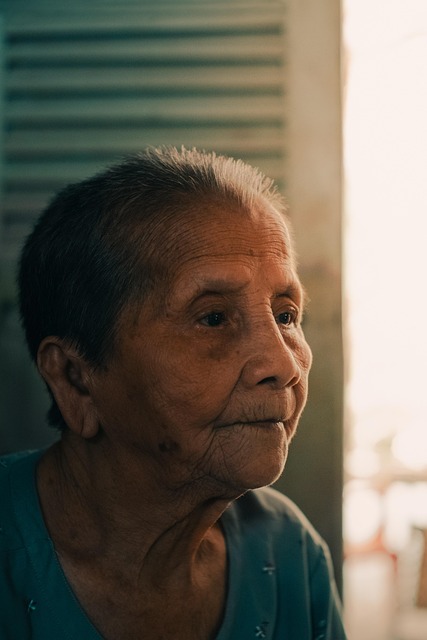Oregon's family law recognizes and protects grandparent rights, including visitation, custody involvement, and advocacy for their relationship with grandchildren. Grandparents seeking legal ties must demonstrate a strong bond and ability to provide a stable environment, adhering to state guidelines that prioritize the child's best interests. Understanding these laws is crucial for grandparents to maintain and strengthen familial connections.
In Oregon, family law governs the intricate dynamics between grandparents and their grandchildren. This article provides a comprehensive guide to grandparent’s rights, delving into the legal perspectives and navigating the state’s custody and visitation laws. Understanding these relationships under Oregon family law is crucial for all involved. We explore how courts interpret these rights, ensuring every child and grandparent can foster meaningful connections while adhering to legal boundaries.
- Grandparents' Rights in Oregon: A Legal Perspective
- Navigating Custody and Visitation Laws
- Understanding Grandparent-Child Relationships Under Oregon Family Law
Grandparents' Rights in Oregon: A Legal Perspective

In Oregon, grandparents have specific rights and considerations under family law. Understanding these legal aspects is crucial for navigating issues related to grandparental involvement in a child’s life. The state recognizes the significant role grandparents can play in their grandchildren’s upbringing and has established laws to protect and guide these relationships.
Grandparents’ rights encompass various aspects, including visitation, custody, and participation in major decisions affecting the child. Oregon law allows for reasonable grandparent visitation under specific circumstances, ensuring a healthy balance between family dynamics. Additionally, grandparents may have standing in legal proceedings to advocate for their relationship with the grandchild, especially when parental agreements or court orders are involved. Familiarizing oneself with these legal perspectives is essential for both grandparents and parents to ensure the best interests of the child are upheld within the understanding family law Oregon framework.
Navigating Custody and Visitation Laws

Navigating Oregon’s family law when it comes to custody and visitation for grandparents involves a deep understanding of state laws. In Oregon, decisions regarding child custody are made with the best interest of the child as the primary consideration. Grandparents seeking visitation rights must demonstrate a significant relationship with the grandchild and their ability to provide a stable and loving environment.
The law recognizes that grandparents can play a crucial role in a child’s life, offering support and love alongside parents. Courts will assess factors such as the quality of time spent together, the emotional bond between grandparent and grandchild, and any barriers to visitation. By understanding these legal principles, Oregon family law grandparents can actively participate in court proceedings with confidence, aiming for arrangements that foster positive relationships while adhering to state guidelines.
Understanding Grandparent-Child Relationships Under Oregon Family Law

In Oregon, the legal recognition of grandparent-child relationships is a significant aspect of understanding family law. These connections are cherished and often play a vital role in the lives of both generations. Grandparents’ rights, as defined by Oregon Family Law, ensure that these relationships can flourish and be protected. The state’s laws provide a framework for grandparents to seek visitation, custody, or even adoption rights, fostering a healthy bond with their grandchildren.
Oregon Family Law recognizes the importance of these familial ties and offers guidelines for navigating them. Grandparents’ legal standing allows them to involve themselves in significant decisions regarding their grandchildren’s well-being, upbringing, and future. Understanding one’s rights and responsibilities under Oregon’s family law is crucial for grandparents who wish to maintain and strengthen their unique relationship with their children’s offspring.














